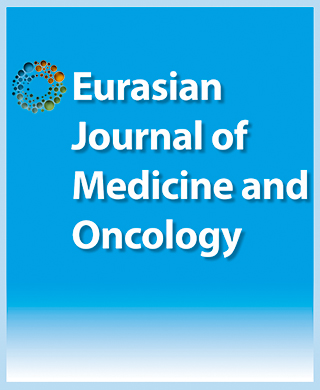

Molecular Docking Study of Some Nucleoside Analogs against Main Protease of SARS-CoV-2
Abhijit Chhetria1, Dhiraj Brahman21Department of Microbiology, St. Joseph’s College, Darjeeling, India, 2Department of Chemisty, St. Joseph’s College, Darjeeling, India,
Objectives: The global pandemic outburst of SARS-CoV-2 in December 2019 infected a large number of people and hasclaimed a significant number of lives. Given the lack of proper therapeutic agents or vaccinefor this pandemic disease, the world is faced with a huge challenge of curingthe infected patients. Therefore, the development of potential therapeutic agents against COVID-19 is a dire need of the situation. Methods: Herein, we utilized molecular docking to explore the inhibitory potential of nine nucleoside analogs, includingTelbivudine, Entecavir, Clevudine, Zalcitabine, Taribavirin, Stavudine, Lamivudine, Cordycepin, and cordycepin triphosphate, against the main protease of SARS-CoV-2. Results: The binding energy (?G) ofthenine nucleoside analogs against the main protease of SARS-CoV-2 were ?6.5 Kcal/mole (Telbivudine), ?6.8 Kcal/mole (Entecavir), ?6.8 Kcal/mole (Clevudine), ?5.8 Kcal/mole (Zalcitabine),?6.1 Kcal/ mole (Taribavirin), ?6.5 Kcal/mole (Stavudine), ?5.7 Kcal/mole (lamivudine),?6.5 Kcal/mole(Cordycepin), and ?6.9 Kcal/ mole (Cordycepin triphosphaye). Conclusion: Although the molecular docking results are promising, further in vitro and in vivo studies are required to understand the mechanism of binding of thesenucleoside analogs to the COVID-19 Protein. Keywords: Binding energy, COVID-19, Molecular Docking, nucleoside analog, SARS-CoV-2 protease
Cite This Article
Chhetria A, Brahman D. Molecular Docking Study of Some Nucleoside Analogs against Main Protease of SARS-CoV-2. EJMO. 2020; 4(4): 324-335
Corresponding Author: Dhiraj Brahman



